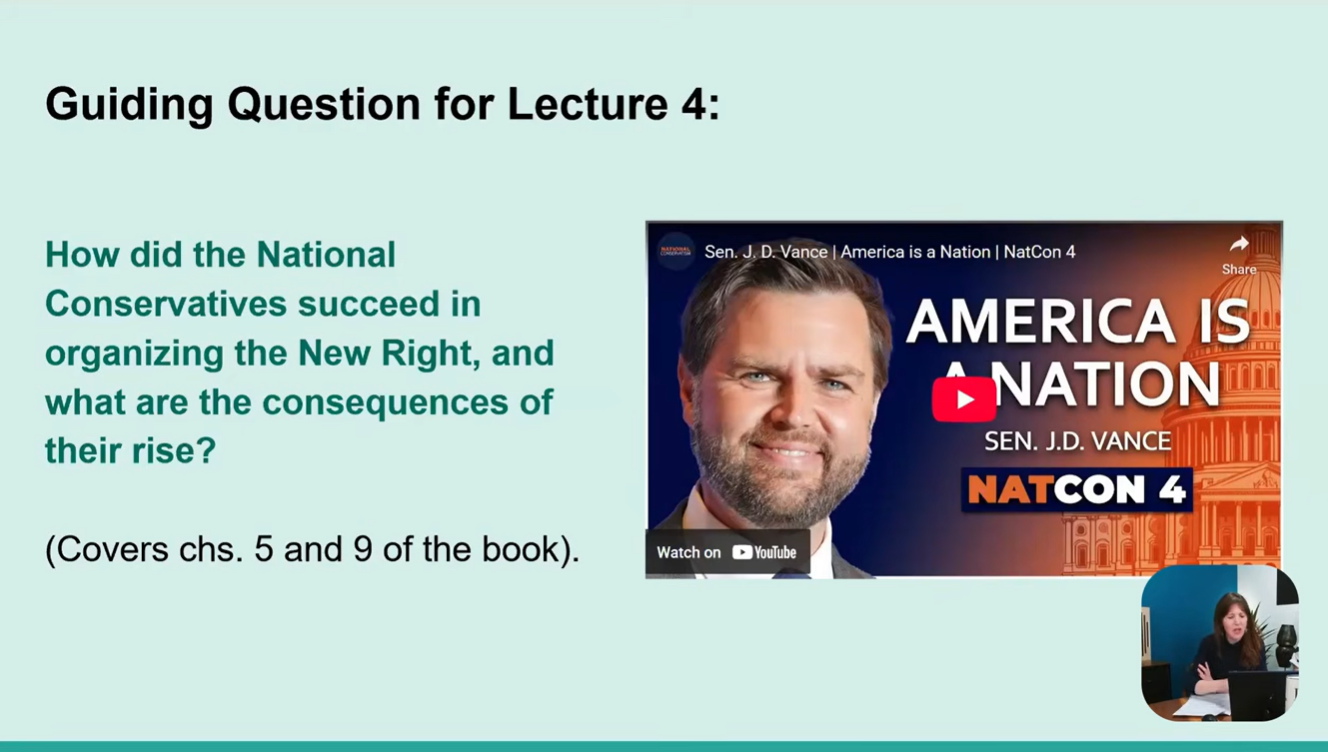Spring 2019 Issue of Harvard National Security Journal
Elad Gil argues that judges too frequently rely on the executive’s special competence in foreign affairs to apply a de facto presumption of near-total deference, which he terms “totemic functionalism.” He traces the conceptual underpinnings of totemic functionalism and, using three case studies, shows how it undermines the American system of checks and balances, first between the organs of government and then, indirectly, inside the executive branch.
Elad Gil argues that judges too frequently rely on the executive’s special competence in foreign affairs to apply a de facto presumption of near-total deference, which he terms “totemic functionalism.” He traces the conceptual underpinnings of totemic functionalism and, using three case studies, shows how it undermines the American system of checks and balances, first between the organs of government and then, indirectly, inside the executive branch.
Professor Deborah Pearlstein explores why the reality that law does not operate as an on/off switch and the “fact of violation”—long accepted in ordinary law— has yet to inform understandings of law’s role in shaping decision-making surrounding state uses of force. Applying a more contemporary understanding of how law works, she illustrates how shifting our methodological approach away from compliance-centered metrics of legal constraint may require reinterpreting the conventional set of examples we have long assumed we understood.
Dr. Aurel Sari assesses whether the mutual assistance guarantees found in the North Atlantic and EU Treaties remain suited for a security environment in which hybrid threats are on the rise and may circumvent classic security guarantees. He compares the mutual assistance clauses to determine their scope of application, clarify the nature and extent of the obligations they impose on the contracting parties, and assess their vulnerability to hybrid threats, and calls on NATO, the EU, and their member states to take steps to strengthen legal interoperability in order to increase the legal resilience of their collective security arrangements against the challenges posed by hybrid threats.
Dr. Shelly Aviv Yeini examines the possibility of a new paradigm of law enforcement under the laws of armed conflict—a departure from the two traditional paradigms for the use of force in international law: law enforcement under international human rights law and conduct of hostilities under laws of armed conflict. She closely analyzes the Supreme Court of Israel’s recent judgment in Yesh Din v. IDF Chief of Staff and argues that the court problematically endorsed a vague, permissive, and extremely under-developed new paradigm.





